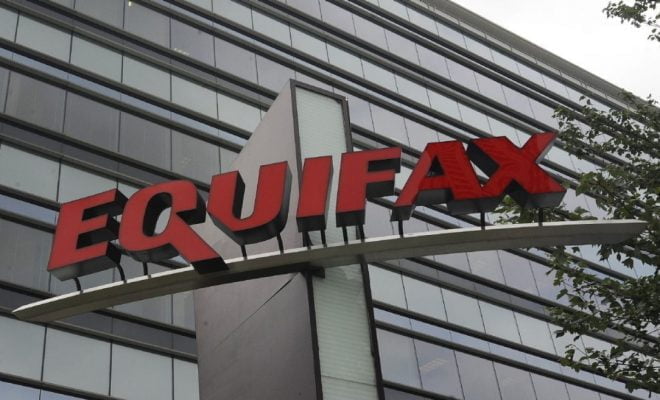Wal-Mart Tackles Food Safety with Blockchain Test

If you shop at Wal-Mart, you might be buying packaged produce unlike any ever sold in a U.S. store.
The sliced apples or cut broccoli — the merchant won’t say exactly what’s involved — are being used to test blockchain, a new database technology. If successful, the trial could change how Wal-Mart Stores, which serves some 260 million customers a week, monitors food and takes action when something goes wrong. That could spur big leaps in food safety, cut costs and save lives.
Like most merchants, the world’s largest retailer struggles to identify and remove food that’s been recalled. When a customer becomes ill, it can take days to identify the product, shipment and vendor. With the blockchain, Wal-Mart will be able to obtain crucial data from a single receipt, including suppliers, details on how and where food was grown and who inspected it. The database extends information from the pallet to the individual package.
“It gives them an ability to have an accounting from origin to completion,” said Marshal Cohen, an analyst at researcher NPD Group Inc. “If there’s an issue with an outbreak of E. coli, this gives them an ability to immediately find where it came from. That’s the difference between days and minutes.”
It’s also the difference between pulling a few tainted packages and yanking all the spinach from hundreds of stores, according to Frank Yiannas, vice president of food safety at Bentonville, Arkansas-based Wal-Mart.
“With blockchain, you can do strategic removals, and let consumers and companies have confidence,” Yiannas said. “We believe that enhanced traceability is good for other aspects of the food systems. We hope you could capture other important attributes that would inform decisions around food flows, and even get more efficient at it.”
More than 1,000 foodborne outbreaks investigated by state and local health departments are reported each year, according to the Centers for Disease Control & Prevention. The CDC estimates roughly 48 million people are afflicted annually, with 128,000 hospitalized and 3,000 dying. Chipotle Mexican Grill Inc. has suffered a year of falling sales as a result of several outbreaks.
In October, Wal-Mart started tracking two products using blockchain: a packaged produce item in the U.S., and pork in China. While only two items were included, the test involved thousands of packages shipped to multiple stores.
The blockchain is a distributed ledger where companies doing business with one another, such as growers, distributors and retailers, can record transactions securely. The database’s strength lies in its trustworthiness: the difficulty of reversing or changing what’s been recorded. The blockchain database can also hold much more data than what retailers get today, providing tools for more detailed analysis.
That could help Wal-Mart deliver food to stores faster, reducing spoilage and waste. Cutting costs is critical for all retailers. Last year, retail sales rose only 2.1 per cent, the smallest gain since 2009, according to Retail Industry Leaders Association. Traditional offline retailers continue to be pressured by Amazon.com Inc. and its efficient supply chain.
If the tests are successful, Wal-Mart will expand them to multiple food items in both countries, Yiannis said.
“So far things are flowing smoothly and as expected,” he said.
Wal-Mart has been at the forefront of adopting new technologies before. It began installing new chip-card readers at U.S. checkout counters 10 years before the deadline mandated by credit-card networks like Visa Inc. and Mastercard Inc. This summer, it took Walmart Pay nationwide, becoming one of the first large retailers to launch its own mobile-payment service. It’s also expanding its online grocery delivery service.
The blockchain, a technology that only came onto the scene in 2009, is already being widely tested by companies in the financial, healthcare and natural-resource industries. Companies like International Business Machines Corp., the Nasdaq and BHP Billiton Ltd. have deployed or are planning to deploy it to run their businesses more efficiently.
Wal-Mart is using blockchain technology co-developed by IBM. In October, the company opened the Walmart Food Safety Collaboration Center in Beijing. It also announced, with IBM and Tsinghua University, a collaboration using the blockchain to improve the way food is tracked, transported and sold to Chinese consumers. If Wal-Mart adopts the blockchain to track food worldwide, it could become of the largest deployments of the technology to date.
“They are setting the new standards in terms of how technology can be implemented to solve a problem that’s been with us for ages,” said Paul Chang, global supply chain subject matter expert at IBM.








